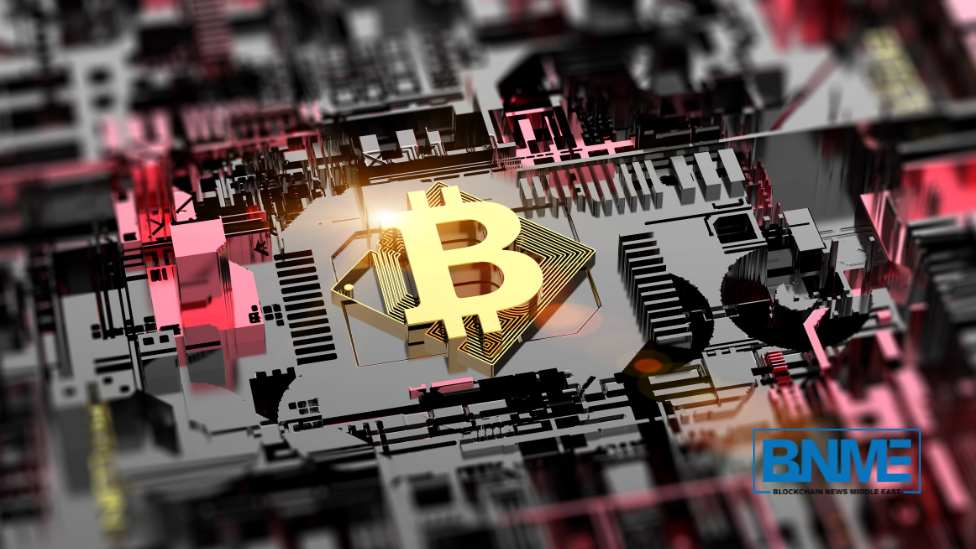The United Arab Emirates (UAE) is a business-friendly environment with low taxes. This makes it a top choice for companies to operate and maximize profits. Additionally, it’s strategically located between Europe, Asia, and Africa, giving the country access to global markets in different time zones. Moreover, the UAE is a major player in blockchain technology adoption in different industries, including trade and commerce.
Blockchain Technology in UAE’s Commerce
Government policies and projects make the UAE a major player in global blockchain adoption. This has caused positive changes in financial and trade innovation for the Gulf nation.
Legal Framework and Regulations
First of all, the UAE government introduced a comprehensive legal framework of regulations for blockchain companies operating in the financial sector.
In 2017, the government launched the Blockchain Strategy 2021. This project aimed at adopting blockchain technology to promote government efficiency, minimize fraud, and improve public service delivery. Consequently, the UAE set up the UAE Blockchain Committee. This committee’s aim was to develop and implement a regulatory framework for blockchain in the country. The committee includes representatives from various government agencies, such as the Ministry of Finance, the Central Bank of the UAE, and the Telecommunications Regulatory Authority.
The clear UAE’s regulatory framework has made the country attractive to blockchain firms seeking to operate in the country. Its regulatory transparency is a major factor that draws these firms to the UAE.
Solving Existing Challenges
Blockchain use in UAE’s commerce has effectively solved numerous concerns and obstacles. Blockchain technology solves issues trade and commerce companies encounter. It guarantees data integrity. This reduces the risk of fraud and errors and allows for the easy tracing and monitoring of assets.
Additionally, blockchain technology gives small and medium-sized enterprises (SMEs) access to cost-effective financing options previously inaccessible due to the strict requirements imposed by conventional financial institutions. These SMEs can show their creditworthiness through alternative data sources like transaction history or digital footprints.
Cross-border Payments
Easy and seamless cross-border payments are one major benefit of blockchain and cryptocurrencies. In the UAE, blockchain allows residents to make international trade with different parties across the globe.
Final Words
As the UAE shifts focus from oil dependency, it aims to solidify its position as a prominent global commercial hub. Experts emphasize the importance of mainstream blockchain integration in achieving this objective.
Frequently Asked Questions
What is the Use of Blockchain in the UAE?
The UAE adopted blockchain technology to aid processes in different industries, such as facilitating trade, recording data, etc.
Does Blockchain work in Dubai?
Yes, Blockchain works in Dubai.
How is Dubai using Blockchain?
Dubai is using blockchain in government to store data, receive and transfer funds, etc.
Is Dubai a crypto hub?
Yes, Dubai is a crypto hub.
How much does a Blockchain Developer earn in the UAE?
A Blockchain Developer earns about AED 17,550 monthly in the UAE.
Which Crypto Wallet is Best in the UAE?
The best crypto wallets in the UAE include Binance Wallet, Kraken Wallet, Coinmama Wallet, etc.
Do UAE residents invest in Bitcoin?
Yes, UAE residents invest in Bitcoin.




























